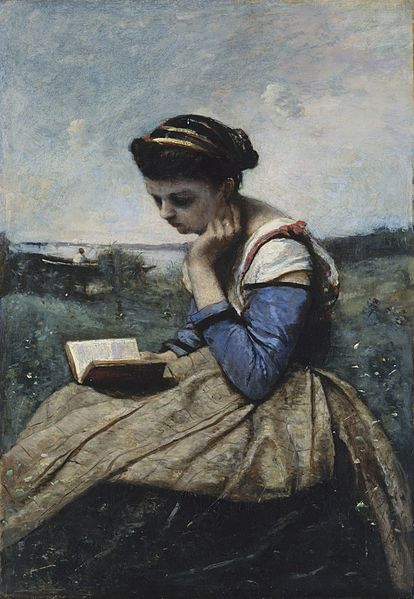Tuesday
Today you get some more of my love affair with Ruth Ozeki’s Book of Form and Emptiness. In my blog’s masthead I talk about the power of literature to “change your life,” and “Book,” a character in Ozeki’s novel, qualifies and elaborates on that. Books can only change our lives if we let them, it tells us. Or as Book puts it,
Every person is trapped in their own particular bubble of delusion, and it’s every person’s task in life to break free. Books can help. We can make the past into the present, take you back in time and help you remember. We can show you things, shift your realities and widen your world, but the work of waking up is up to you.
Later, Book explains that how books awaken us is a highly individual affair. Indeed, it’s impossible to predict which books will have which effects. When a book “ventures out in the world,” Book observes, a “commingling” occurs:
Because the reader is not a passive receptacle for a book’s contents. Not at all. You are our collaborators, our conspirators, breathing new life into us. And because every reader is unique, each of you makes each of us mean differently, regardless of what’s written on our pages. Thus, one book, when read by different readers, becomes different books, becomes an ever-changing array of books that flows through human consciousness like a wave.
And then, shifting to Latin before providing a translation, Book asserts,
Pro captu lectoris habent sua fata libelli. According to the capabilities of the reader, books have their own destinies.
Put a great work together with a willing collaborator and all sorts of things are possible. But to increase your likelihood of finding the right book, keep reading.


